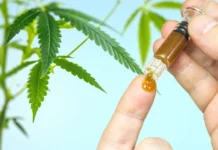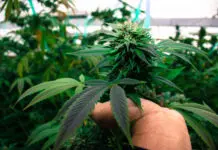Marijuana is attracting considerable interest from buyers, farmers, and researchers as the drive for legalization rises at home and abroad.
New Frontier Statistics reveal that the cannabis industry has snowballed to a whopping 14 billion dollars in 2019, providing nearly 350 thousand jobs dedicated to planting development.
Even though the plant is still illegal under federal law as a Schedule I substance, a total of thirty-five states and Washington DC have approved marijuana for medicinal purposes.
Fifteen of these states authorize adults to legally use the drug for therapeutic use as of year-end 2024. This article highlights some of the marijuana uses as well as the drug’s demand is across-the-board.
The Proliferation of Cannabis Requires Bank Reform
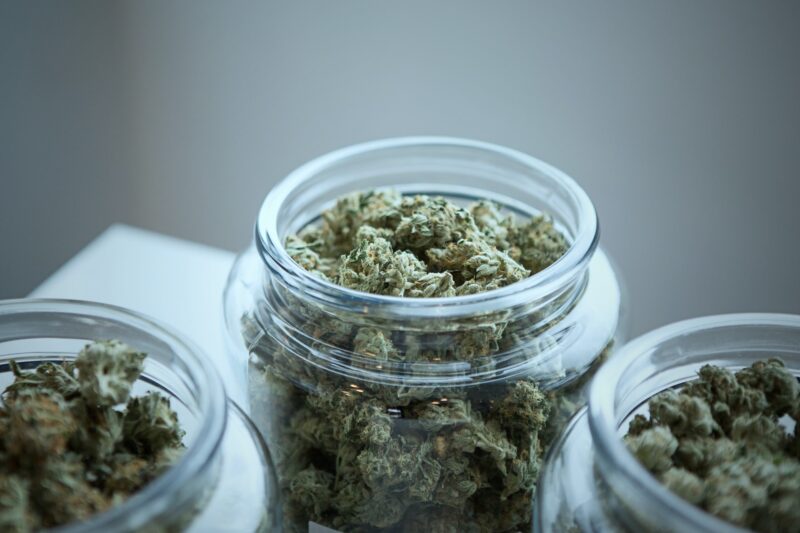
Viridian Capital Advisors, which does surveys for the cannabis industry, has stated that marijuana companies raised more than 115 billion dollars in 2019. Therefore, it should be expected that this trend will continue, but banking reform is also essential to the US cannabis industry.
For the Banking Sector to deal with these firms, they may end up facing money laundering charges, which have driven fear into most of their desire to assist cannabis entities.
Without the support of the central banks, it means enormous stakes and hurdles for businesses dealing in cash, in addition to the difficulties of getting money.
The American Bankers’ Association has begun lobbying for more legal clarification and bridging the difference between federal and state legislation. If bills such as the SAFE Banking Act are enacted, we might see banks warming up to cannabis.
William Barr, former US Attorney General, announced that he would not go after marijuana businesses functioning in states that have not legalized cannabis.
He also said that the current disparity between local and federal law is unacceptable and needs to be settled.
He endorses a federal law that forbids cannabis everywhere.
President Wants Cannabis Decriminalized
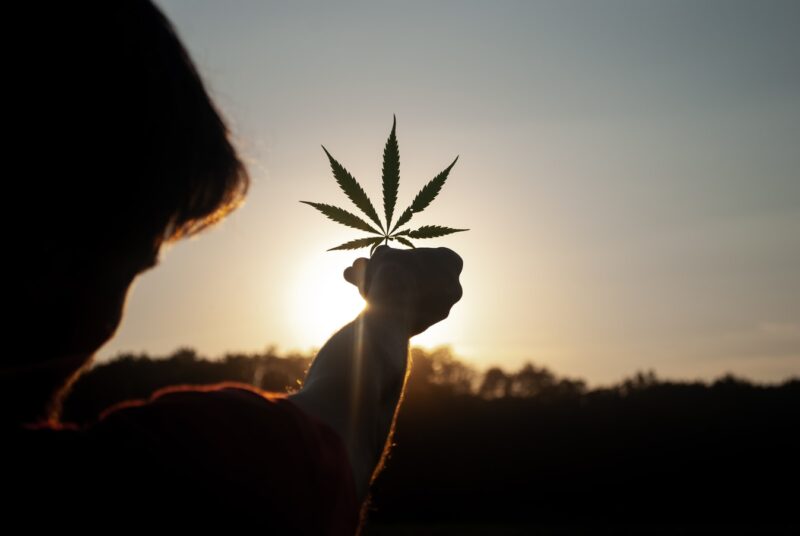
On the other hand, President Joe Biden has said he wishes to decriminalize marijuana and expunge the criminal records on sites like lookupinmate.org of individuals sentenced for marijuana possession.
Additionally, VP Kamala Harris has shown her support for the decriminalization of weed. She endorsed a bill initiated by Senator Cory Booker that makes cannabis legal and dubbed the Marijuana Justice Act.
About CBD

The use of marijuana is nothing new, as it’s been around for thousands of years in various cultures where it is used as a medicine. In the mid-1900s, the federal law prohibiting it in the United States, the Marihuana Tax Act, was enacted.
The plant has now been increasingly recognized as a legitimate choice for patients in modern-day America who undergo various medical conditions such as chronic pain or seizures.
This is mainly attributed to cannabidiol or CBD, a non-psychoactive natural solvent originating in cannabis.
This ensures that the customer doesn’t get high. In oils, oral sprays, creams, tablets, or edibles such as gummies and lollipops, CBD is sold as an ingredient.
Purveyors say that CBD can provide pain relief, battle apprehension, and despair. It has also been associated with supporting people dealing with cancer.
Two years ago, CBD gummies were among the highest searched term relating to food on Google in the United States.
10 Major corporations such as Corona owner Constellation Brands (STZ.B) and Marlboro cigarette company Altria Group (MO) have acquired multibillion-dollar investments in marijuana businesses.
Yet CBD industry predictions argue that this isn’t just a fleeting craze for wellness.
New Frontier Data predicts that the hemp-derived CBD market will rise from 400 million to just over one billion by 2024.
However, Brightfield Group says they believe the hemp CBD market will hit as much as twenty-two billion dollars.
They have defended their lofty projections by emphasizing the research level and the recent exponential growth in the industry.
As for the bizarre and problematic regulatory system that encircles this enterprise, the company’s Managing Director says everyone must understand that it’s not black and white. Setbacks will be expected, but the forward steps will be twice.
Brightfield’s outlook is excellent news for many businesses wagering on cannabis and handling its hazy legal status. But can investors expect all CBD to be placed in Schedule V or completely unplanned soon? Not quite.
Because of the international treaties, the US has signed, it is not easy for CBD to be entirely unplanned. And while Epidiolex qualifies for Schedule V, only when other marijuana-derived products have been FDA-approved can it even be considered.
Will Big Industries Dominate The Cannabis Industry?
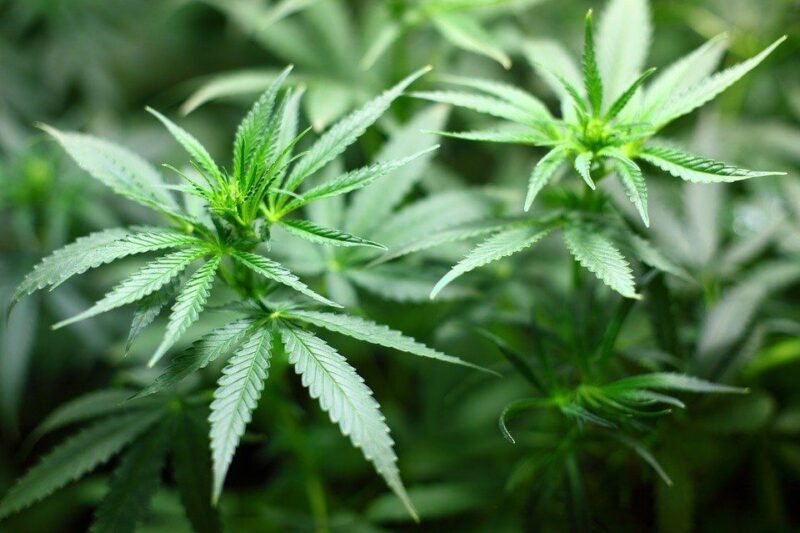
Since the surge of cannabis products is virtually guaranteed, experts nowadays are curious what the sector could perhaps look like.
The big question now is, will major businesses come to dominate the cannabis industry and flood a cheap and generic product on the market? That it will be hard to do this.
The industry is also shaped by technology. Eaze, a weed delivery company, has raised nearly forty million dollars and is supposedly valued at three hundred million.
It was recently revealed that the company is inventing a system for shipping CBD products to forty-plus states.
In 2018, Dutchie raised three million from celebrity’s venture capital firms for its on-demand marijuana and cannabis delivery entity.
In Summary
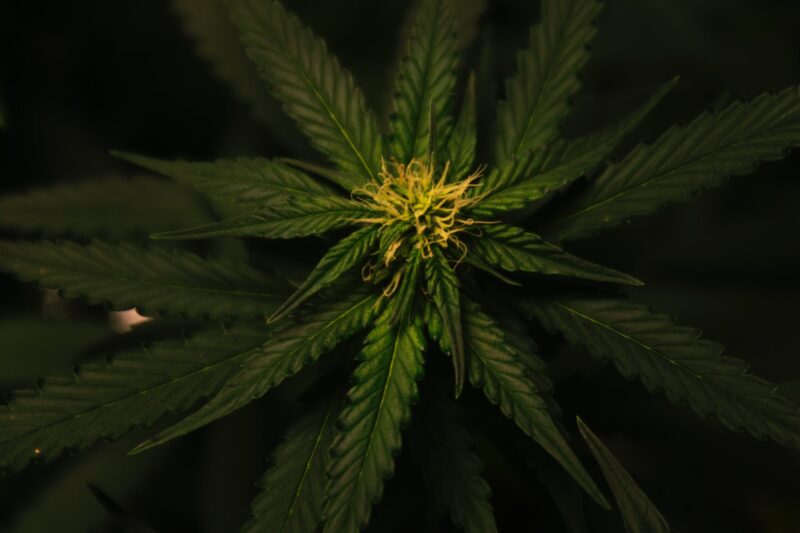
About fifty percent of Americans consider that the use of marijuana should be permitted.
In thirty-five states, the drug is now legal, with fifteen authorizing adults to use it legally for therapeutic activities.
As we learn further about the use of marijuana for medical purposes, government policy trends are also shifting.
While it is still a regulated drug under the federal government’s term improvements to advertising and export regulations, it continues to be assessed by the Food and Drug Administration (FDA).






